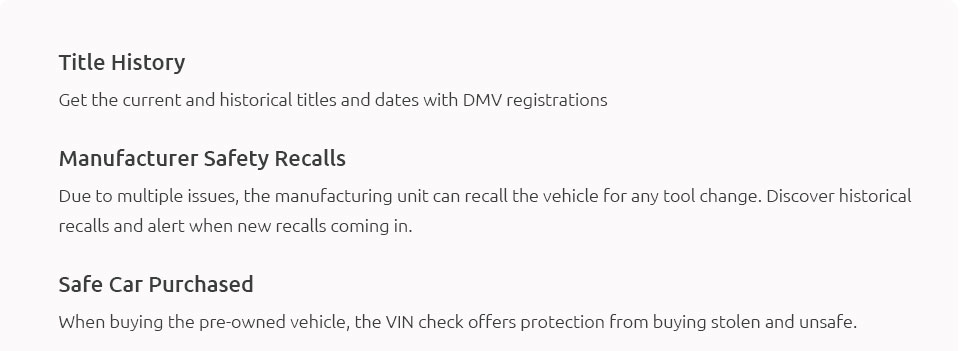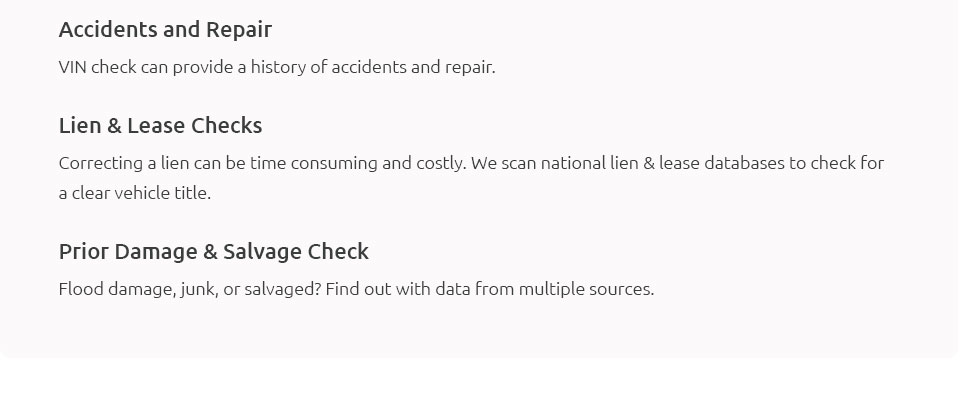 |
 |
 |
 |
 |
||
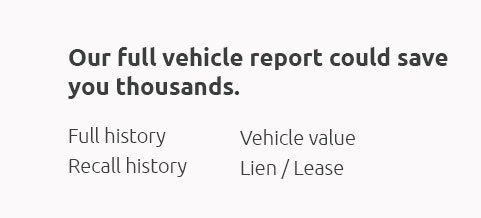 |
 |
|
 |
 |
|
 |
 |
 |
 |
||
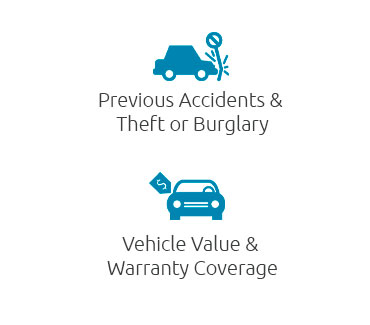 |
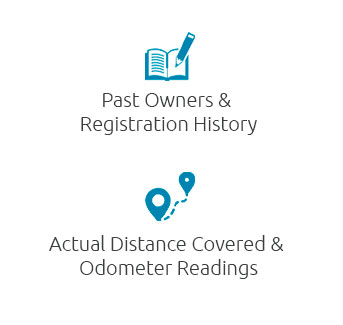 |
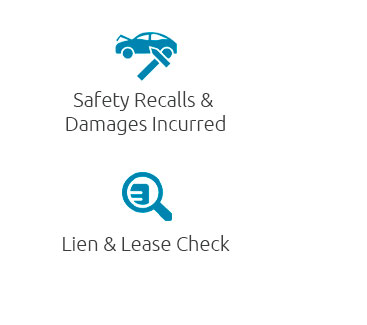 |
 |
 |
 |
||||
|
||||
 |
 |
How to Lookup Who Owns a Car: A Comprehensive GuideEver found yourself in a situation where you needed to find out who owns a particular car? Maybe a vehicle is parked in your spot, or perhaps you've witnessed an accident and want to report it responsibly. Whatever your reason, understanding how to look up car ownership is not only intriguing but can also be quite useful. However, navigating the waters of privacy laws and data accessibility can be challenging. Here, we explore some methods and considerations for uncovering car ownership information. First and foremost, it's essential to recognize the legal constraints surrounding this topic. In many countries, strict privacy laws are in place to protect vehicle owners' identities. The Driver's Privacy Protection Act (DPPA) in the United States, for example, restricts access to a driver's personal information, allowing it only for specific purposes such as government agencies, car recalls, or insurance companies. Therefore, while curiosity might drive your quest for information, ensure your intentions align with legal guidelines. One of the most straightforward ways to find out car ownership details is through official channels. Department of Motor Vehicles (DMV) offices can sometimes provide this information, albeit with restrictions. You may need to submit a formal request and demonstrate a legitimate need for accessing these records. It's worth noting that each state or country may have its own set of rules, so a little research into local regulations could go a long way. If you're looking for a more immediate solution, consider online services that offer yamaha vin lookup and similar vehicle searches. These platforms often require you to input the vehicle's VIN (Vehicle Identification Number), a unique code that can reveal certain details about the car. However, be cautious with these services as they might not always provide complete ownership information, and their reliability can vary. Another potential avenue is to run a plate online. Some websites claim to offer license plate lookup services, but again, approach these with caution. Ensure the service is legitimate and complies with local laws. It's also wise to read user reviews and seek recommendations to avoid scams or unreliable sources. While technology offers new possibilities for accessing information, it also brings forth ethical considerations. One should always weigh the necessity of obtaining such information against the right to privacy of the vehicle owner. Additionally, it’s crucial to remain aware of the potential for misuse and the implications of infringing on someone's privacy.
In conclusion, while the desire to know who owns a car might arise from necessity or curiosity, navigating this terrain requires a blend of legal awareness, ethical consideration, and informed decision-making. By adhering to these principles, you can ensure that your search for car ownership information remains both responsible and respectful. https://www.lookupaplate.com/new-york/
You can get driver and vehicle records from the Department of Motor Vehicles (DMV). The information obtained will be basic vehicle information, such as the ... https://portal.311.nyc.gov/article/?kanumber=KA-02319
You can get information about registrations, titles, and license plates for all types of motor vehicles from the New York State Department of Motor Vehicles ( ... https://www.quora.com/Can-you-look-up-the-owner-of-a-car-if-you-know-the-VIN-and-license-plate-number
Due to the Drivers Privacy Protection Act (DPPA), Public Law No. 103-322 codified as amended by Public Law 106-69, you cannot obtain information ...
|

